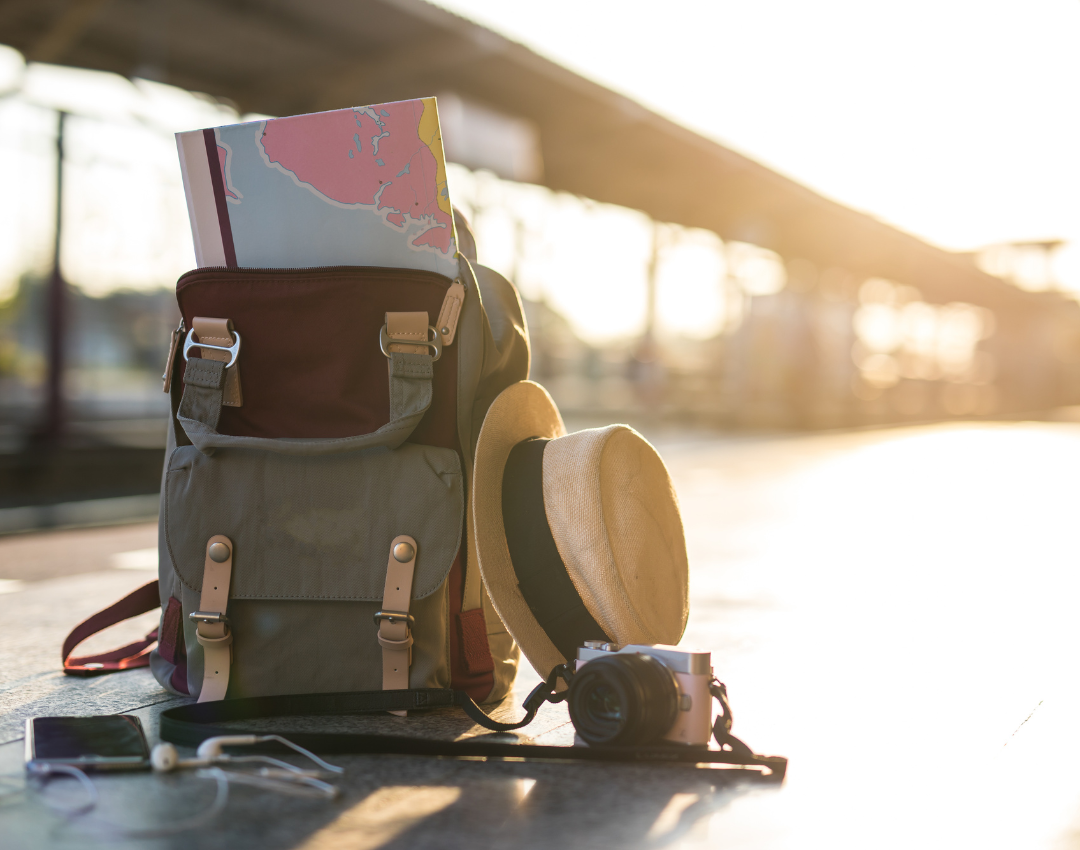In this article, find out how:
- Bleisure travel is rapidly becoming mainstream, with rising demand driven by hybrid work models, flexible schedules and employee expectations.
- Companies are recognising bleisure as a strategic lever for wellbeing, retention and productivity, but must address challenges around insurance, tax, duty of care and policy compliance.
- Effective bleisure programmes require clear boundaries, expense rules, eligibility criteria and tailored policies aligned with organisational culture and risk management.
Will we see bleisure travel – where business trips are extended for leisure – become a mainstream feature of global corporate travel programmes in 2026?
As highlighted in our Business Travel Trends 2026 report, statistics from the Global Business Travel Association (GBTA) already shows that 43% of programmes now have defined bleisure policies, supporting employee satisfaction and work-life balance. And the global bleisure travel market size already accounted for $816.24 billion in 2025 and is predicted to increase from $961.78 billion in 2026*. With hybrid work models and flexible schedules, it’s possible to see that blending work and personal time can turn business trips into richer, more fulfilling experiences.
Companies are also recognising the value of bleisure in boosting employee satisfaction, retention and productivity. Our parent company Navan found that 54% of business travellers took at least two trips that blended business and leisure in 2024. And that trend looks set to continue as 89% of business travellers are expressing a desire to extend their next business trip to include leisure time.
The blended mindset between work and play could continue to reshape how travellers spend their downtime. This shift could also reflect broader trends in personalisation and wellbeing as bleisure trips often include cultural immersion, wellness activities and sustainable choices. However, companies may still need to navigate challenges around insurance coverage, tax implications and policy compliance.

9 POINTS TO CONSIDER FOR BLEISURE TRAVEL POLICIES
Define clear boundaries between work and leisure
Clarifying when business ends and leisure begins helps employees understand expectations before travel. Employers should also outline policies regarding remote work during leisure time, especially as remote work and digital nomadism have grown in popularity.
Involve key stakeholders from the outset
HR, finance and legal teams should play an active role in designing a bleisure policy. Including HR in this process enables Human Resources Information Systems to track requests. This can help measure the programme’s success regarding employee satisfaction and cost savings. This holistic approach ensures the policy is aligned with the company’s overall travel and people strategy.
Set clear expense guidelines
Employees should know which expenses are covered by the company and which are their responsibility. Clear communication around expense claims ensures employees know boundaries while avoiding unnecessary disputes.
Establish policies for cancellations
What are the cancellation policies for the leisure side if a business trip gets cancelled? Incorporate a disclaimer; employees are responsible for any personal travel commitments. Ask your company’s legal team to assist with the detail.

Ensure comprehensive travel insurance
Travel insurance should cover both business and leisure segments of the trip. Companies should encourage employees to review and, if necessary, arrange additional insurance for their leisure portion.
Define duty of care responsibilities
Does a company’s duty of care obligations to their business traveller or conference delegate extend to their leisure time? Employers must conduct a risk assessment for each destination, highlighting any safety concerns. Include details on geopolitical unrest, extreme weather possibilities and accessibility to healthcare. This is important as respondents to research for the International SOS Risk Outlook 2026 rated geopolitical tensions as the top security concern.
Establish whether the company will maintain its duty of care obligations during the traveller’s leisure time, such as traveller tracking, monitoring and response to incidents. Encourage travellers to follow travel advice and health guidelines. If the traveller is not in the accommodation booked for use during the business trip, are they staying in a safe place?
Clarify eligibility
Make it clear who is eligible for bleisure travel. There needs to be a legitimate business reason for that trip and not simply because it is in, or near a destination earmarked for leisure. Establish which individuals need to be part of the approval process for bleisure requests, such as team managers or HR.
Upholding professional standards
Employees engaging in bleisure travel should understand the expectations for conduct during their leisure time. This is particularly important when travelling with a preferred supplier, as any incidents can impact the company’s reputation. Additionally, employees should be advised on social media guidelines to maintain a professional image.
Tailor your organisation’s policy
Each organisation has a different view on bleisure and what constitutes working hours and personal time during any trip. No one-size-fits-all approach can be adopted. Tailor policies to the individual requirements of the company and employees. Clear communication is important throughout when creating a bleisure travel policy to prevent misunderstandings.
Get in touch
Mail [email protected] to discuss all of your corporate travel and event management needs.
*Source: Bleisure Travel Market Size to Hit USD 3,573.74 Billion by 2034




